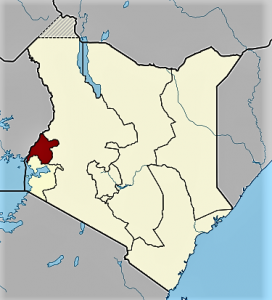At a time when governments are urged to take on their duties and tackle the health threat posed by poor quality, insufficient or unbalanced baby feeding, PEAH is pleased to publish a reflection, just a thought, by a field engaged Kenyan professional
BARRIERS TO EXCLUSIVE BREASTFEEDING IN WESTERN KENYA
Clinical Nutritionist at Kenyatta National Hospital
The importance of breastfeeding cannot be overemphasized. The majority of children who end up having low intelligent quotient, diabetes and obesity are those who were not exclusively breastfed. It is recommended that infants should be breastfed exclusively for six months with exclusion of solid foods and water.
Western Kenya is one of former Kenya’s administrative provinces outside Nairobi.
Despite being the bread basket of the Country* there are several barriers that hinder breastfeeding in this region. We take a look at some of these hindrances
- Cultural Factors-This region comprises of the Abaluhya community who are diverse and with different cultural beliefs. Some tend to believe that the mother’s milk cannot fully satisfy the baby hence the baby needs other feeds to so as to be strong. This leads to the introduction of mixed feeding as early as three months to the baby
- Teenage pregnancy-With the introduction of free primary school in Kenya, school going children who give birth are encouraged to go back to school. With these comes the challenge of choosing before exclusive breastfeeding and school and the later takes preeminence
- Lack of proper knowledge-Even though we are in the internet where knowledge and skills can be easily accessed, we still have a percentage of the population who cannot access this. Some breastfeeding mothers in this region lack the proper guidance on the period required to exclusively breastfeed their babies
- Social customs-Because of social inclinations and customs, some breastfeeding mothers tend to believe that the mother’s milk is not enough for the baby and therefore start mixed feeding as early as two months
Nutrition education should be given to expectant mothers attending the antenatal clinic so as to enlighten them on the importance of exclusive breastfeeding.
———————————————
*The main economic activity in western Kenya is farming, majorly subsistence farming of food crops such as maize, bananas, beans, wheat and sweet potatoes. The main staple food is maize, which is further processed to maize flour to make bread and baby foods such as Weetabix among other products.
